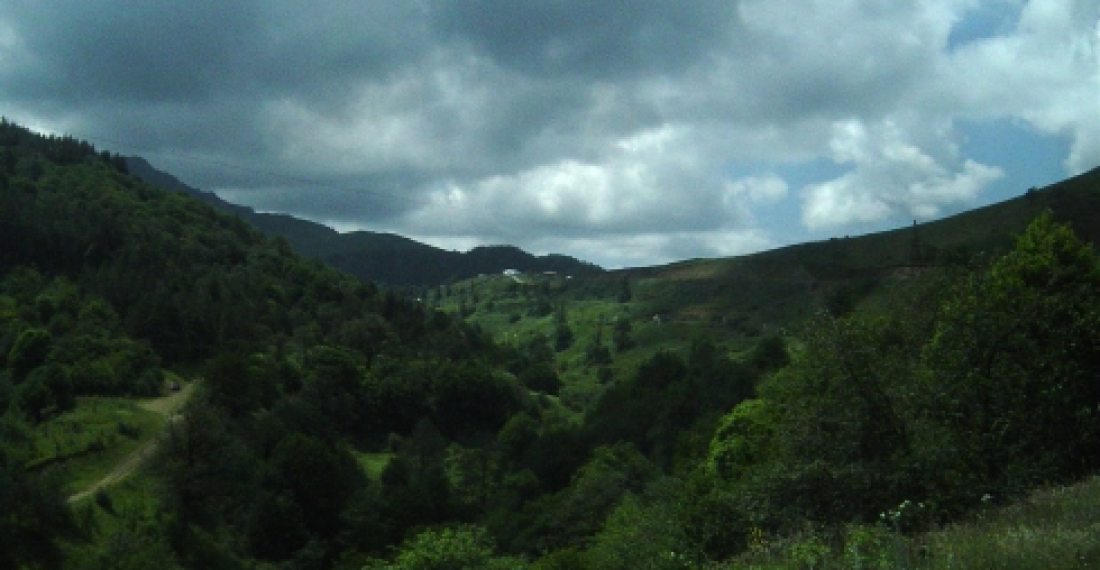The Karabakh conflict continues to claim lives. At least three Armenian soldiers were reported killed since Friday, with the Armenian Defence Ministry describing the situation on the front line as tense.
On Friday afternoon two soldiers from Nagorno-Karabakh were killed in what Armenian media claims was an Azerbaijani attempted incursion. The soldiers were Artak Ghakekyan, 36 years old, and Hayk Baroyan, 20 year old.
In another incident overnight between Monday and Tuesday an Armenian soldier from the army of the self-declared Nagorno-Karabkh Republic was killed as a result of heavy shooting from the Azerbaijani side, according to Armenian media. The soldier, Arsen Karapetyan was 20 years old. The same sources reported that three thousand shots were fired overnight by Azerbaijani soldiers in what they claim were 200 cease fire violations.
There has so far not been any direct comment on the incidents by the Azerbaijani side, although it also reported a large number of ceasefire violations.
The Organisation for Security and Co-operation in Europe is planning to monitor the line of contact on Wednesday.
source: commonspace.eu with agencies.







